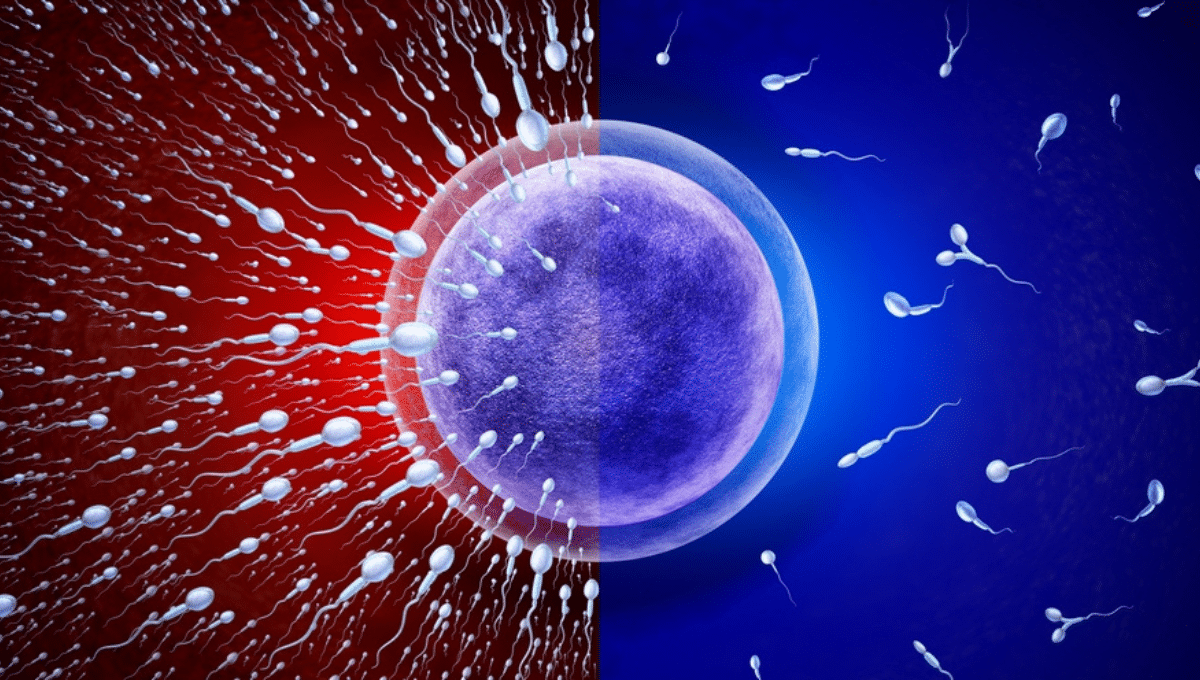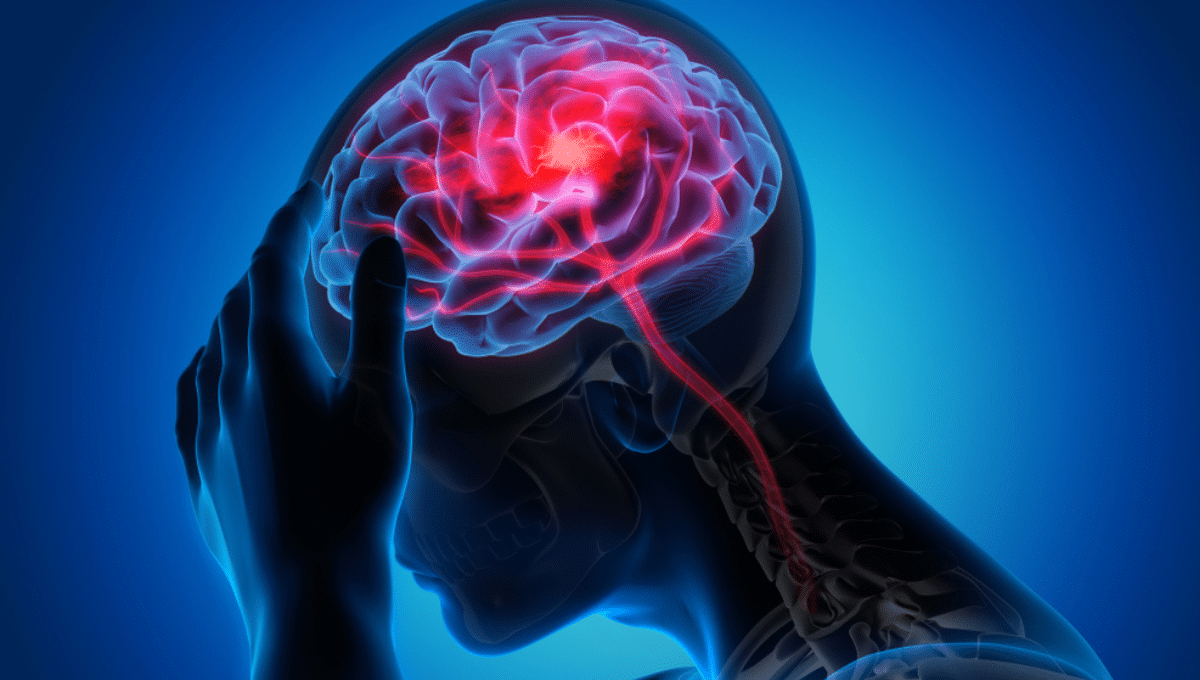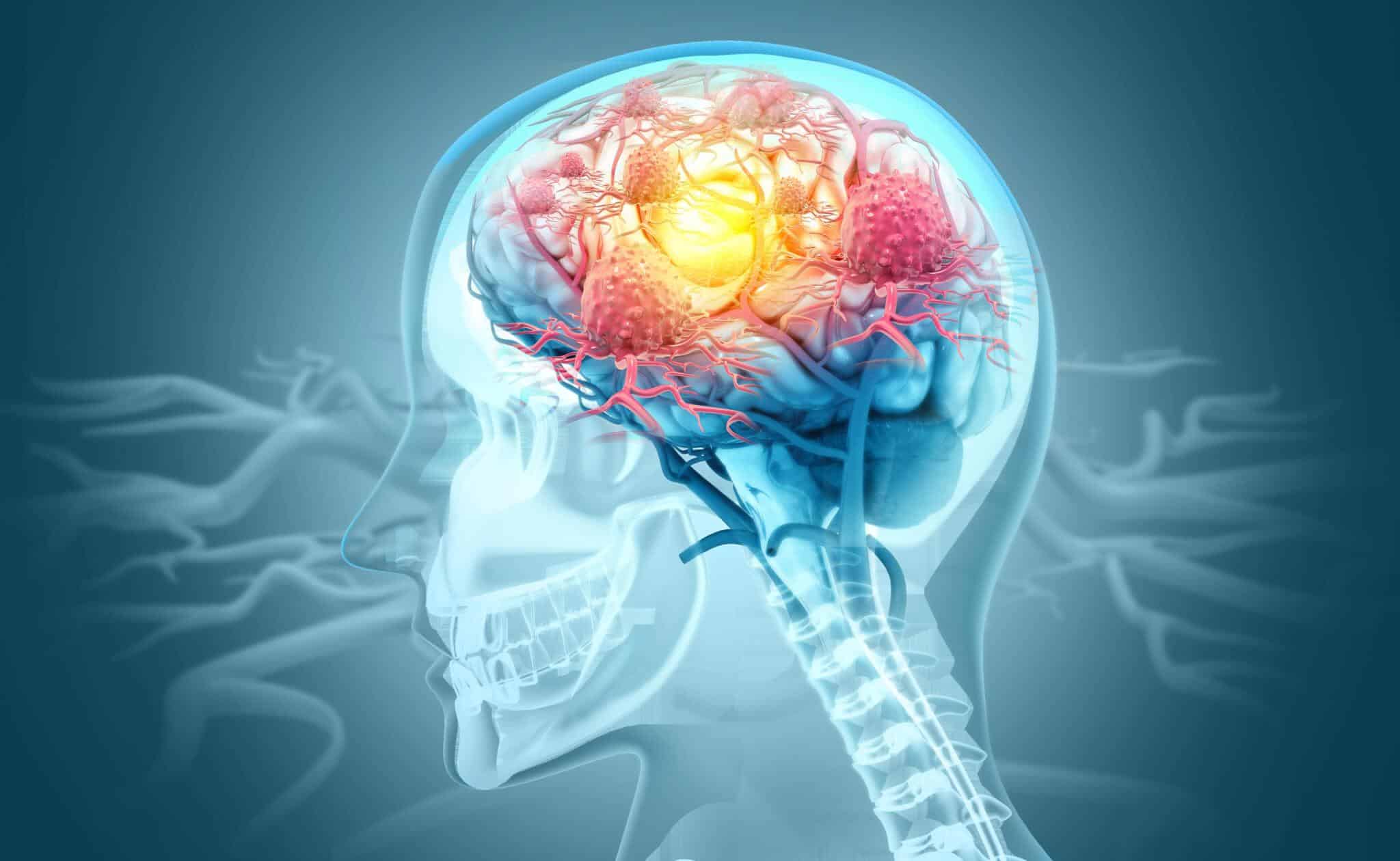- Home
- About Us
- Book Appointment
- Treatments
- Alzheimer’s Disease
- Anti-Aging
- Autism
- Autoimmune Disorders
- Back Pain
- COPD
- Crohns Disease And Ulcerative Colitis
- Erectile dysfunction and Penis enlargement
- Fibromyalgia
- Hip Pain
- Knee Pain
- Lupus
- Lyme Disease
- Multiple Sclerosis
- Muscular dystrophy
- Parkinsons Disease
- Peripheral And Diabetic Neuropathy
- Post Cancer Treatments
- Post Stroke Recovery
- Psoriasis
- Rheumatoid Arthritis
- Shoulder Pain
- Join The Club
- Aesthetics
- Blog
- Contact Us
Stem Cell Therapy For Parkinson's Disease
Life Altering Stem Cell Therapy Institute offers proven and cutting-edge stem cell treatment for a range of neurological disorders, including Parkinson’s disease, Alzheimer’s disease, Multiple sclerosis, epilepsy, and more. Parkinson’s disease is a neurodegenerative condition resulting in progressive loss and damage of the structure and functions of the neurons in the brain. Stem cell treatment is a promising approach for addressing this neurological disorder. We use mesenchymal stem cells collected from the human umbilical cord (Wharton’s Jelly) that support improved neurological function, better sensory perception, and improved health outcomes. Our doctors and stem cell specialists follow a revolutionary stem cell process tailored to the unique needs of our patients.
Know More About Parkinsons Disease
Let’s get into the details of the symptoms and causes of Parkinson’s disease and learn how stem cell therapy can help improve the quality of life of patients.
Parkinson’s disease is a progressive neurodegenerative disorder affecting millions of people across the world. This condition occurs when some particular nerve cells or neurons producing a chemical called “dopamine” are killed. Dopamine is responsible for sending signals to neurons and hence, these cell deaths affect the central nervous system and result in the body’s inability to coordinate movements properly. Nearly 1% of the global population or more than 10 million people worldwide are affected by this serious condition.
Although the signs of Parkinson’s disease develop slowly causing mild tremors of hands, arms, and legs, with time the symptoms progress to advanced stages which are characterized by slow and permanent loss of mobility and impaired coordination of the body.
The chemical “dopamine” is essential for swift body movements, balance, coordination, and muscle control. Less dopamine implies malfunctioning or death of the neurons in the brain cells and the inability to send messages to the brain to move, eat, walk, talk, or perform any simple tasks. Parkinson’s disease, in simple words, is a progressive loss of muscle control due to low levels of dopamine in the brain cells. Bradykinesia (slow movement), postural instability, body rigidity, and resting tremors are the most common consequences seen in the patients.
Since Parkinson’s disease is a degenerative brain disorder, it impacts the cells of the brain, resulting in motor-related or movement-related symptoms.
- Slowed movement, caused by loss of muscle control and muscle weakness
- Issues with balance or walking
- Impaired posture
- Rigidity of stiffness muscles
- Tremors, which means shaking in your hands, arms, or legs, while muscles are at rest.
- Blinking eyes less than often due to the inability to control facial muscles
- Changes in writing or cramped handwriting
- Speech changes due to loss of muscle control in the throat
- Trouble smiling and swallowing
Apart from these muscle-control-related issues, the other primary signs of Parkinson’s disease are –
- Low blood pressure
- Constipation and gastrointestinal problems
- Loss of sense of smell
- Depression and mental issues
- Sleep problems
- Trouble concentrating and thinking
- Loss of memory (Parkinson’s related dementia)
Substantia Nigra is a critical region present on both sides of the base of the brain and is responsible for the production of a chemical called dopamine. Dopamine is a neurotransmitter chemical that aids in properly functioning the central nervous system such as movement control, body balance and coordination, walking, eating, etc.
The degeneration or impairment of nerve cells results in the inability to produce dopamine. The primary reasons or factors identified for the loss of dopaminergic neurons are –
- Genetic Factor – Researchers have identified specific genetic mutations associated with Parkinson’s. These mutations are known to be linked with a higher likelihood of the disease when several family members are affected.
- Environmental Factor – Studies indicate an increased risk of Parkinson’s in individuals who are exposed to toxins or harmful environments. Exposure risk is directly associated with essential factors such as smoking history, alcohol consumption, and the presence of motor impairments.
- Presence of Lewy Bodies – In the brain cells, the presence of clumps of specific substances called Lewy bodies is also a marker or indication of Parkinson’s disease. Researchers consider these conglomerations an important trigger to the cause of Parkinson’s.
- Alpha-synuclein – A natural and widespread protein called alpha-synuclein is found in all Lewy bodies. Scientists believe alpha-synuclein is a crucial factor not only for Parkinson’s disease but also for other disorders affecting both cognition and movement.
For the diagnosis of Parkinson’s disease, certain blood tests and physical examinations need to be conducted. The blood tests are mainly done to look for any abnormal levels of thyroid hormones. Imaging tests like MRI or CT scan are used to study the brain and check signs of this neurodegenerative disorder.
Our specialists also need to know your age, gender, past ailments and medical treatments, pre-existing disorders, allergies, and other personal details to understand the present status of your health and how well you are capable of receiving stem cell therapy for Parkinson’s disease.
Once we have reviewed your medical records and approved your case, we will provide you with a personalized stem cell treatment protocol under our expert guidance. During this stage, you can also engage in a phone consultation with us to check for pricing and address any questions or concerns you may have.
Stem cell therapy holds great potential in treating Parkinson’s Disease (PD) but it is important to note that the benefits may vary from individual to individual and the stage of disease. When stem cells are administered in the early stage of development, they can provide immense relief in patients by managing the symptoms.
The advantages of using stem cell therapy for Parkinson’s disease are –
- Stem cells possess neurogenesis properties that act as regenerators for the damaged brain matrix and neurons.
- These cells have the potential to transform into dopaminergic or DA neurons which contribute to the restoration of cells in the affected brain regions.
- They can stimulate the recovery process and regenerate neurons that have died or are defective.
- Stem cells have the power to shield existing neurons from damage by Parkinson’s disease, reduce inflammation, and stimulate the growth of new cells, slowing down the progression of the disease.
- Stem cell therapy is a holistic approach to treat this disease and unlike other medications, they do not have any side effects or lose effectiveness over time. The therapy provides long-lasting results in the patients.
At Life Altering Stem Cell Therapy Institute, we provide a reliable and proven treatment solution for Parkinson’s disease through Stem Cell Therapy in Mexico. Our proven and cutting-edge treatments combined with a caring team of medical professionals and comprehensive support aim to bring significant improvements to your condition.
Our treatment approach is tailored to each patient’s unique needs and health status. Once you qualify for stem cell therapy and your treatment plan is approved by our medical team, you’ll receive a detailed protocol that will outline the stem cell administration process, the duration of treatment, and the specific number of therapies or doses you’ll undergo. The process involves intravenous injection of the human umbilical cord tissue-derived mesenchymal stem cells (HUCT-MSCs).
The method is extremely safe, painless, and non-invasive, ensuring a comfortable experience for our patients. The process can take anywhere from 4-6 days depending on the treatment protocol.
Parkinson’s disease clinical trials and studies have demonstrated that introducing young brain cells derived from the human umbilical cord into individuals with Parkinson’s disease led to an improvement in symptoms related to the condition.
After receiving stem cell treatment, our patients have observed significant enhancement in their quality of life. The progression of Parkinson’s disease and its associated symptoms halt and this is a major achievement symbolizing the success or effectiveness of the treatment. The improvements that patients notice gradually within themselves are –
- The symptoms of Parkinson’s disease start disappearing.
- Tremors, slowed movement (bradykinesia), and muscle rigidity are no longer present.
- Impaired muscle and movement coordination have improved.
- Posture balance, speech, and writing ability show noticeable improvement.
- Walk without any assistance and show improved body motions.
We, as one of the leading Parkinson’s disease treatment centers in Mexico, advocate the use of human umbilical cord tissue-derived mesenchymal stem cells as a safe and effective treatment solution. These cells promote neuronal-cell differentiation and neuronal-cell protection by modulating neural stem cells. They have the power to regenerate neurons and repair damaged neurons, reduce inflammation, and enhance synaptic connectivity. The regeneration of dopamine-producing neurons into the central nervous system results in a reduction or reversal of symptoms.
We promise to deliver the best outcomes with the support of our experienced Parkinson’s disease specialists and stem cell experts. We aim to give you compassionate care, home-like comfort, and personalized treatment every step of the way in an organized setting located at the heart of Ciudad de México. We are dedicated to improving the well-being of our patients and supporting and empowering them with our innovative stem cell treatment and better quality of healthcare delivery.
The stem cell therapy cost for Parkinson’s disease is a critical factor for patients who are in dire need of a reliable yet affordable option. We prioritize offering the finest and safest treatments to our patients and are dedicated to eliminating cost concerns.
The vital factors that influence the cost of treatment are –
- Patients age
- Stage of the disease or current condition
- Total number of stem cells that need to be administered
- Pre-treatment tests
To learn more about the cost or get an exact estimation, schedule a consultation for Parkinson’s disease stem cell therapy.
We stand by our patients every step of the way to ensure they have a stress-free and comfortable wellness journey. Once they return home after receiving the stem cell treatment, we stay in touch with them continuously through our follow-up sessions to track their improvement and guide them throughout the journey.
We maintain a follow-up calendar according to which our patient coordinators will check in with you at regular intervals like 1 week, 2 weeks, 1 month, 2 months, and so on. Following up continuously will ensure that you have the right advice and support whenever you need and all your concerns and queries are addressed along with it.
Medical Research And Articles
Know everything about stem cells and the recent advancements in the field of stem cell research in our latest articles.
Frequently Asked Questions
Below are the answers to some of the common questions raised by our patients regarding stem cell therapy for Parkinson’s disease.
What is the best treatment for Parkinson’s disease?
In recent years, stem cell therapy has gained a lot of momentum in terms of a safe, reliable, and effective treatment for Parkinson’s disease. The administration of stem cells either stops or slows the progression of this condition and helps patients gradually recover, leading a normal healthy life.
How does stem cell therapy work in curing Parkinson’s disease?
Mesenchymal stem cells derived from human umbilical cord tissue have outstanding properties that make them suitable for treating Parkinson’s disease. After entering the body they start differentiating and multiplying to restore and revive the damaged neurons and retain the brain’s normal function.
How to know whether I am an eligible candidate for stem cell therapy?
You are required to submit your personal details and medical records online. The patient application form comprises information such as your age, weight, height, current condition, past ailments, medications, allergies, pre-existing conditions, and other details. Our stem cell specialists will evaluate your application thoroughly to understand your health better and see whether you deem fit to receive stem cells. If you qualify, our team will get back to you and schedule the treatment process.
How safe is stem cell therapy for Parkinson’s disease at your institute in Mexico?
There is no risk involved in stem cell therapy because our process is completely reviewed, administered, and monitored by top experts in our institute who have profound expertise in stem cells. We maintain 100% transparency with our patients and approve only those candidates who qualify for the treatment.











